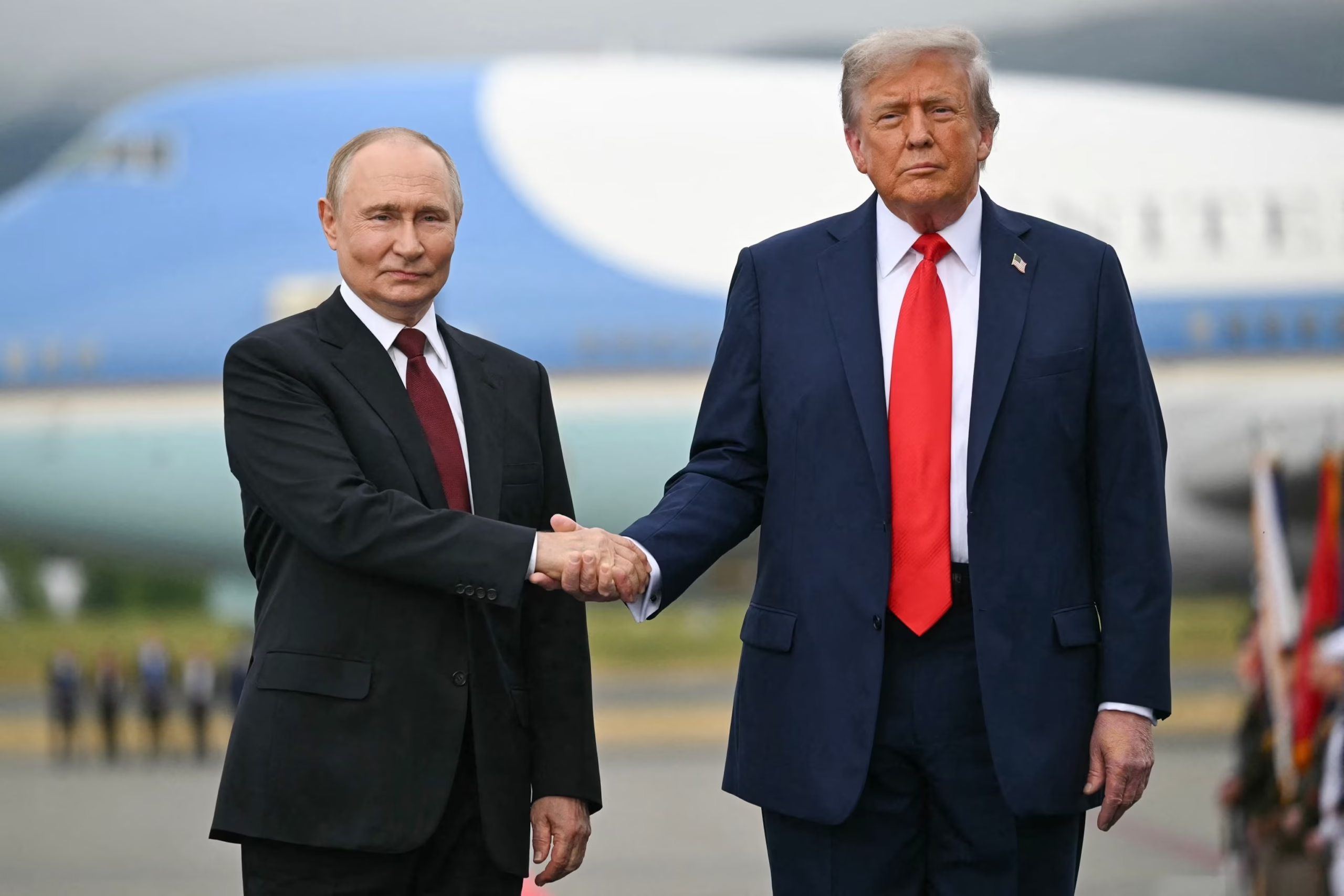New Delhi, 18 August 2025: A highly unusual yet strategic security practice involving a world leader has drawn global attention. It has been reported that Russian President Vladimir Putin’s bodyguards collect his excrement during foreign trips and carry it back to Russia in sealed containers. While this may sound bizarre, it is rooted in deep concerns about privacy, intelligence warfare, and state security.
This article explains why this procedure exists, how it’s carried out, and what it says about the role of health information in national security. We also include a health-focused perspective at the end to offer practical takeaways for readers.
Why Are Putin’s Bodily Wastes Retrieved Abroad?
The primary reason for this strange protocol is to protect sensitive health data. Biological waste such as urine and feces can reveal critical details about an individual’s physical health, genetic profile, diseases, infections, or even medications being used.
If such samples were to fall into the hands of foreign intelligence agencies, they could be analyzed to gather personal and potentially strategic information about the leader’s condition. This data could influence foreign policy, negotiations, or be used as leverage in geopolitical affairs.
To prevent this, a strict system is in place where Putin’s bodily waste is collected, sealed in secure bags, and transported back to Russia under the supervision of trusted members of his security force.
How This Protocol Works
During foreign visits, when the President uses restroom facilities, security personnel accompany him to ensure nothing is left behind. His excrement is collected using specialized kits and placed in containers—often described as briefcases—for secure transportation back home.
The entire operation is designed to be discreet, yet effective, in ensuring that no biological material is ever left behind on foreign soil.
A Practice in Place for Years
Though it only recently made headlines, this protocol has reportedly been in place for well over a decade. It is employed during all international visits and is part of a broader strategy that reflects the extreme level of caution taken in the personal security of world leaders.
This level of detail may appear excessive to outsiders, but in the world of international politics and espionage, even DNA and waste matter are seen as assets to be safeguarded.
What Makes It a Security Concern?
Human waste can reveal:
- Presence of illness (e.g., cancer markers, infections)
- Medication use (which may hint at ongoing treatments or undisclosed conditions)
- Hormonal imbalances or organ dysfunction
- Genetic information that can reveal vulnerabilities
Such insights, in the wrong hands, could weaken a leader’s bargaining power or expose state secrets. Protecting biological integrity becomes as important as digital security or physical safety.
Not Without Historical Precedent
While this may seem like an extreme measure, historical accounts indicate that similar practices have existed during high-stakes diplomatic periods, especially during the Cold War. Intelligence agencies have used unconventional tactics to extract information, including collecting biological waste, discarded items, or even trash.
In this context, securing a leader’s personal waste is part of a larger surveillance-counter-surveillance strategy that governments quietly accept.
Speculations Around Health and Power
Public discussions about this practice have fueled speculation about the Russian president’s health. From gait patterns to changes in facial expression or posture, observers have often speculated on the possibility of an undisclosed medical condition. The strict management of bodily waste only adds to the intrigue, although no official confirmation has ever been provided.
However, it’s important to note that such protective actions are not confirmation of illness. They are simply preventive strategies in an age where even microscopic traces can become instruments of global intelligence.
Health Insight: What Your Body Waste Says About You
Beyond the political and intelligence implications, this story highlights a fascinating truth: your waste contains vital clues about your health. Here’s what you should know:
1. Stool Can Reveal Digestive Health
Color, consistency, and frequency of your bowel movements can indicate problems like:
- Irritable Bowel Syndrome (IBS)
- Infections
- Malabsorption (such as celiac disease)
- Liver or gallbladder dysfunction
If your stool is consistently pale, black, or bloody, it’s time to see a doctor.
2. Urine Is a Marker of Kidney and Bladder Health
Changes in color, odor, or frequency can reflect:
- Dehydration
- Urinary tract infections
- Diabetes
- Kidney disease
Cloudy, dark, or pinkish urine can signal a problem.
3. Health Screenings Through Biological Samples
Doctors use waste samples for:
- Detecting cancers (e.g., fecal blood tests for colon cancer)
- Monitoring infections (like parasites or bacteria)
- Assessing organ function through chemical markers
These are standard parts of medical check-ups and can catch serious conditions early.
Monitor Your Own Health Signals
While international leaders take extraordinary steps to shield their health information, you can empower yourself by staying aware of the messages your body sends every day. Instead of avoiding the topic of bodily waste out of discomfort or stigma, learn to observe and report abnormalities.
Here are simple things you can do:
- Regularly observe your bathroom habits for unusual changes
- Drink plenty of water to maintain kidney and urinary health
- Get routine checkups and don’t skip stool or urine tests when prescribed
- Don’t self-diagnose—consult a doctor if something feels wrong
The story about a head of state transporting his own waste may sound like satire, but it’s a real and strategic effort to maintain biological privacy in an age where information is power. It also serves as a reminder of just how much personal health data exists in places we often overlook.
In a world where science, security, and health intersect more than ever before, understanding how our bodies communicate is no longer just personal—it can be political.







